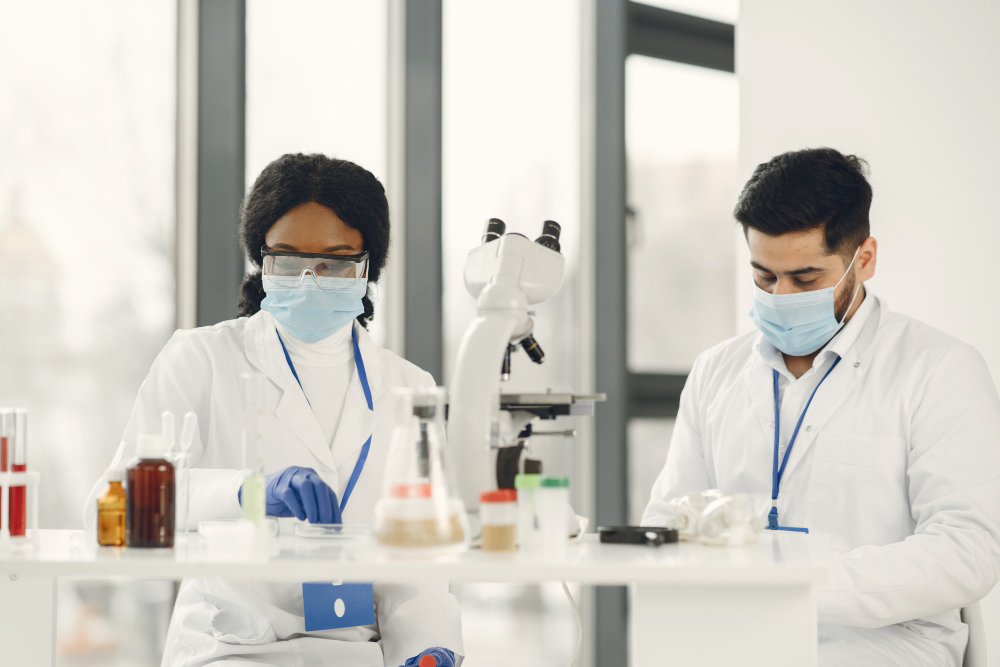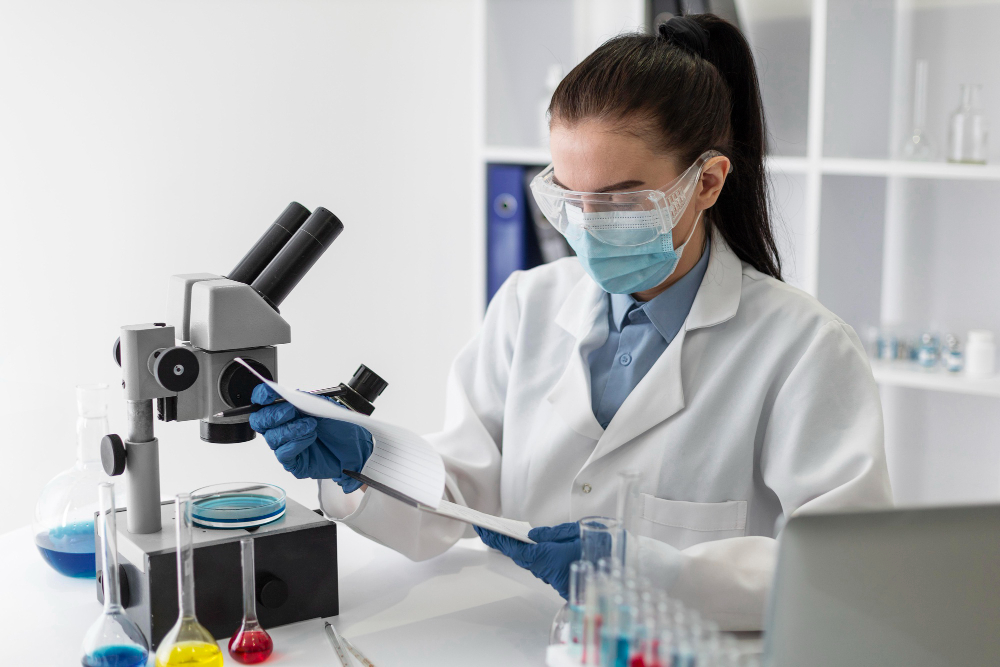
Laboratory services play a crucial role in the healthcare system by providing essential diagnostic testing that aids in the detection, diagnosis, and management of various health conditions. With advanced technologies and skilled personnel, laboratory services deliver timely and accurate results, which are vital for effective patient care and treatment planning.
Types of Laboratory Services Laboratory services encompass a wide range of tests and procedures, including:
Clinical Chemistry
Hematology
Microbiology
Immunology and Serology
Pathology
Genetic Testing

Importance of Accurate Diagnostics Accurate laboratory testing is vital for effective diagnosis and treatment. The results guide healthcare providers in:
Timeliness and Efficiency In today’s fast-paced healthcare environment, timely access to laboratory services is critical. Modern laboratories use advanced technologies, such as automated systems and electronic reporting, to ensure:
Quality Assurance Laboratory services adhere to strict quality control standards to ensure the accuracy and reliability of test results. This includes: